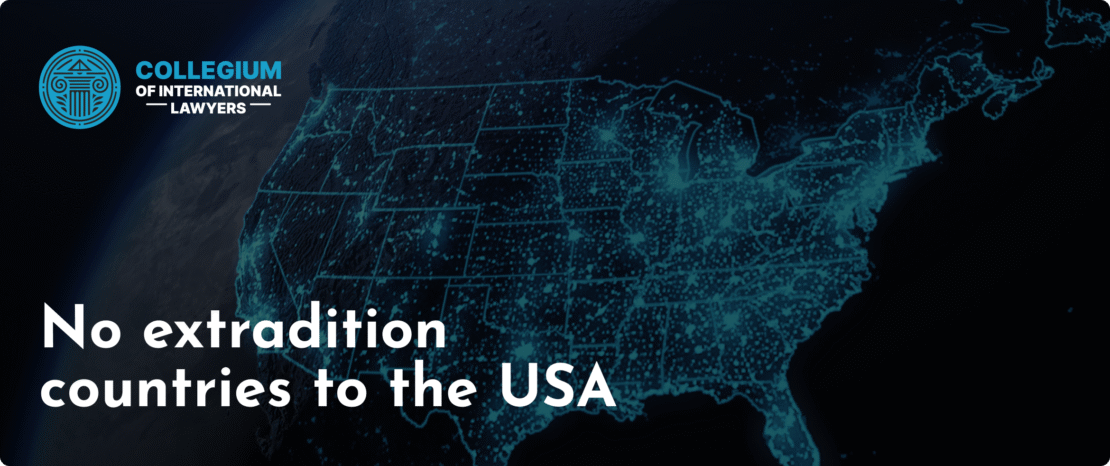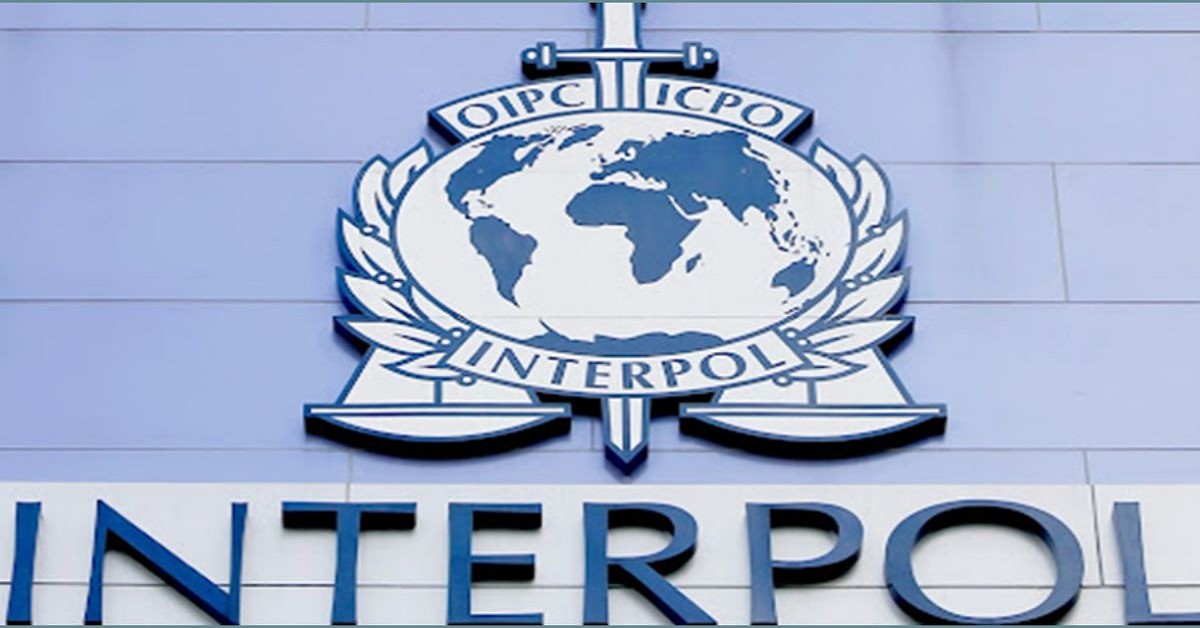
Interpol: The Global Law Enforcement System for a Safer World
Established in 1923, Interpol has evolved into a crucial player in international law enforcement. With member countries working collaboratively, Interpol addresses various forms of crime including terrorism, drug trafficking, and human trafficking. In a rapidly globalizing world, the need for such a cooperative framework has never been more pertinent. For a deeper understanding of how Interpol operates in the fight against crime, you can read more about the Інтерпол як глобальна правоохоронна система роль Інтерполу у боротьбі зі злочинністю. In this article, we will delve into the structure, operations, and the significance of Interpol in tackling global crime.
The Structure of Interpol
Interpol’s structure is designed to facilitate swift communication and coordination among law enforcement agencies across different countries. The organization is governed by the General Assembly, which meets annually to make key decisions on policy and priorities. Each member country maintains a National Central Bureau (NCB) that serves as a liaison between Interpol and local law enforcement agencies. These NCBs enable seamless information sharing, essential for addressing transnational crime.
How Interpol Operates
Interpol does not have its own agents or officers who conduct investigations. Instead, it functions as a facilitator of communication between member countries. When a crime occurs, the affected country can submit a request for assistance, which is disseminated to other member countries. This can include sharing information about criminals or asking for help in apprehending fugitives. Interpol’s databases, which include records on stolen property, missing persons, and criminal organizations, provide vital support to member nations in their investigative efforts.

Types of Crime Addressed by Interpol
Interpol tackles a variety of crimes, including but not limited to:
- Terrorism: In the face of increasing threats from extremist groups, Interpol has developed specialized units to handle information exchange regarding terrorist activities and organizations.
- Drug Trafficking: The illegal drug trade poses serious social and economic problems worldwide. Interpol assists member countries in tracking drug trafficking networks and sharing intelligence on drug-related activities.
- Human Trafficking: Interpol plays a vital role in combating human trafficking by facilitating operations that target traffickers and support victims. This includes developing protocols for the protection of victims and channeling international resources to counter this heinous crime.
- Cybercrime: As technological advancements have created new avenues for crime, Interpol has adapted its strategies to include combating cybercrime. This involves addressing issues such as online fraud, identity theft, and cyber terrorism.
International Cooperation
One of the fundamental principles of Interpol’s operations is the emphasis on national sovereignty. While Interpol provides a platform for international cooperation, it does not have the authority to conduct operations independently of member states. This principle helps maintain trust among nations while collaborating on criminal investigations. The varied legal systems and cultural contexts of member countries present challenges; therefore, Interpol’s role as a facilitator is especially critical in harmonizing efforts.
The Challenges Facing Interpol

Despite its successes, Interpol faces numerous challenges. These include:
- Resource Limitations: Many national law enforcement agencies struggle with limited budgets, and as a result, their ability to engage with Interpol fully can be compromised. The disparity in resources among member countries can lead to uneven cooperation.
- Political Interference: Interpol’s neutrality can sometimes be compromised if member states misuse its resources for political purposes. There have been instances where countries have issued Red Notices to pursue political dissidents under the guise of criminal charges.
- Coping with Rapid Technological Changes: The rise of digital crime introduces additional layers of complexity. Interpol must continually adapt to technological advancements to develop effective strategies for fighting cybercrime.
The Future of Interpol
As globalization continues to increase, so does the sophistication of criminal networks. Interpol is tasked with evolving to meet these challenges head-on. Future initiatives may involve stronger international coalitions to tackle transnational crime effectively, increased focus on technology-driven crime prevention, and enhanced training for law enforcement agencies worldwide.
Conclusion
Interpol stands as a beacon of international cooperation in the battle against crime. Through its collaborative approach, the organization has made substantial strides in addressing various global criminal threats. However, with changing dynamics in the world of crime, ongoing adaptability and commitment to its core principles will be essential for its future success. In a world where crime knows no borders, Interpol plays an indispensable role in the pursuit of justice and security for all nations.
